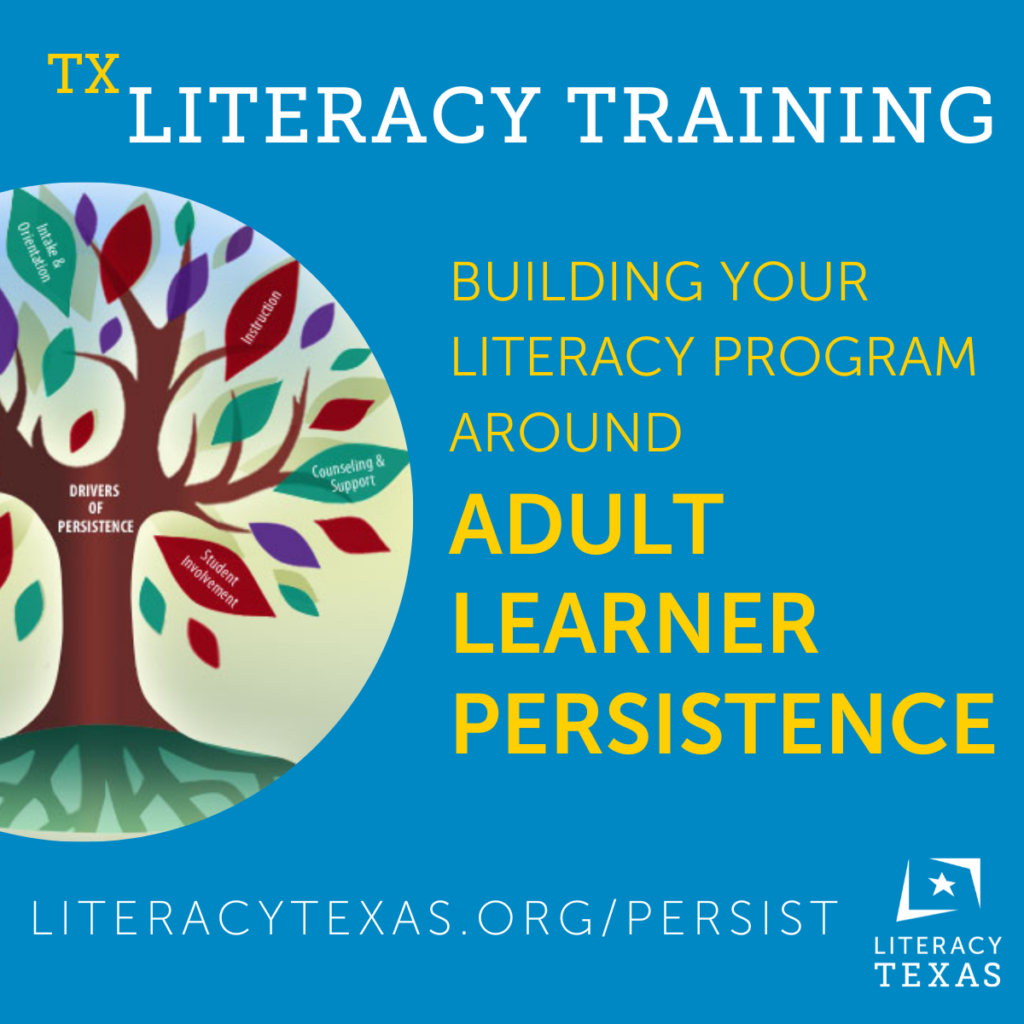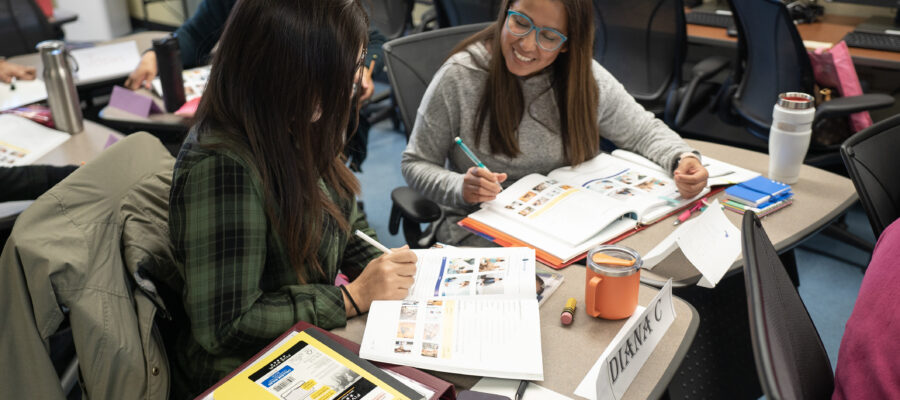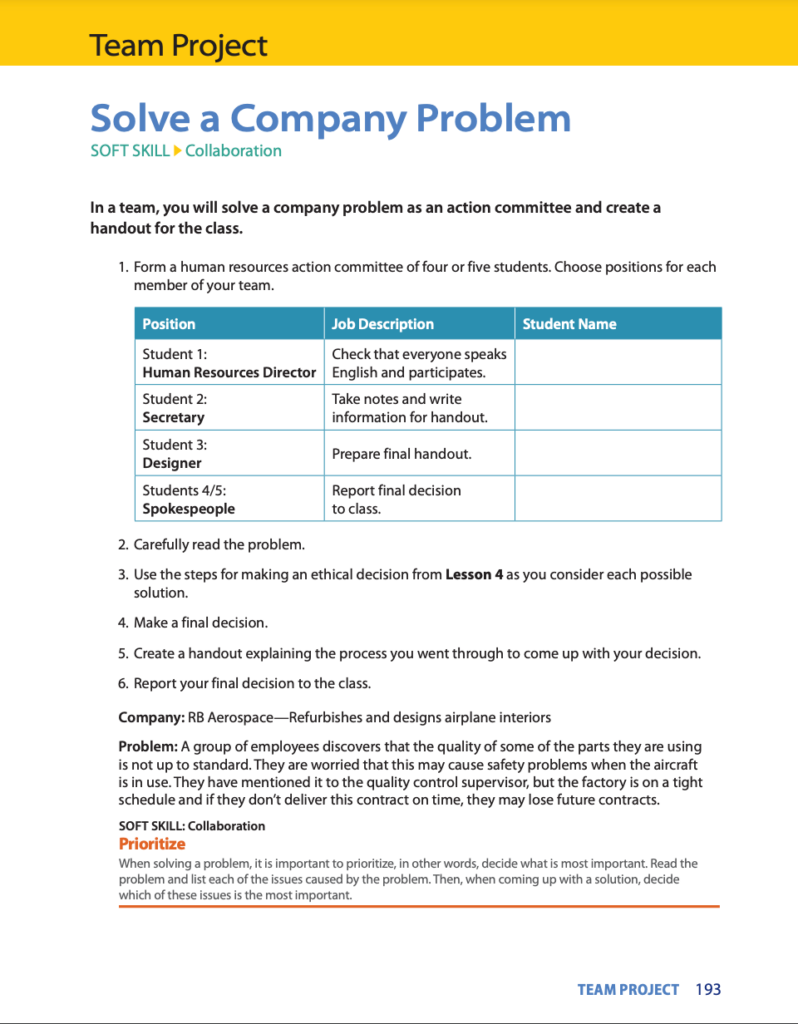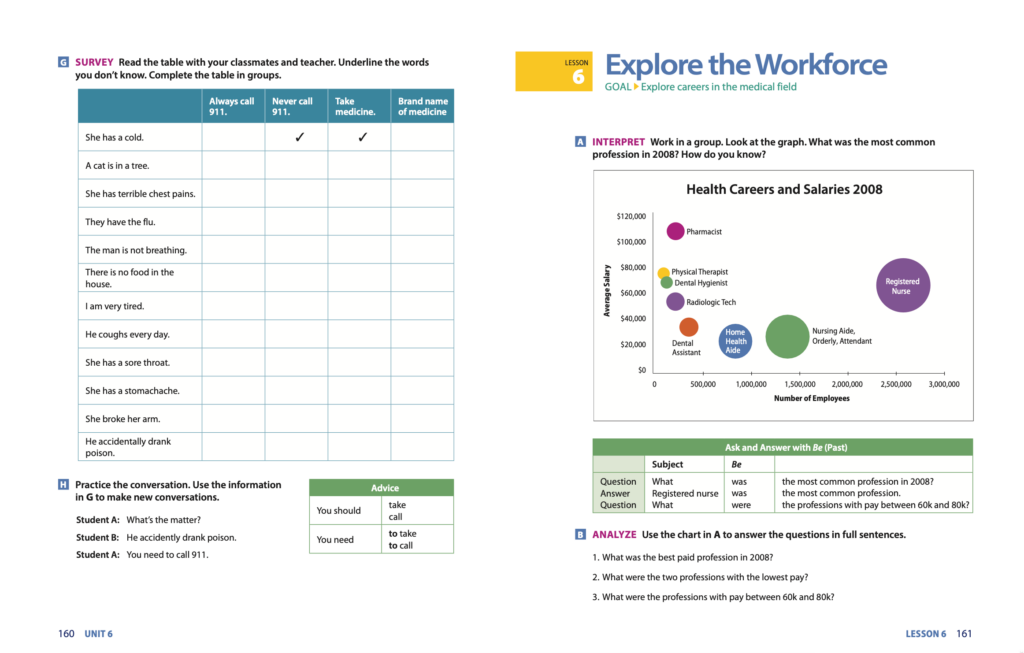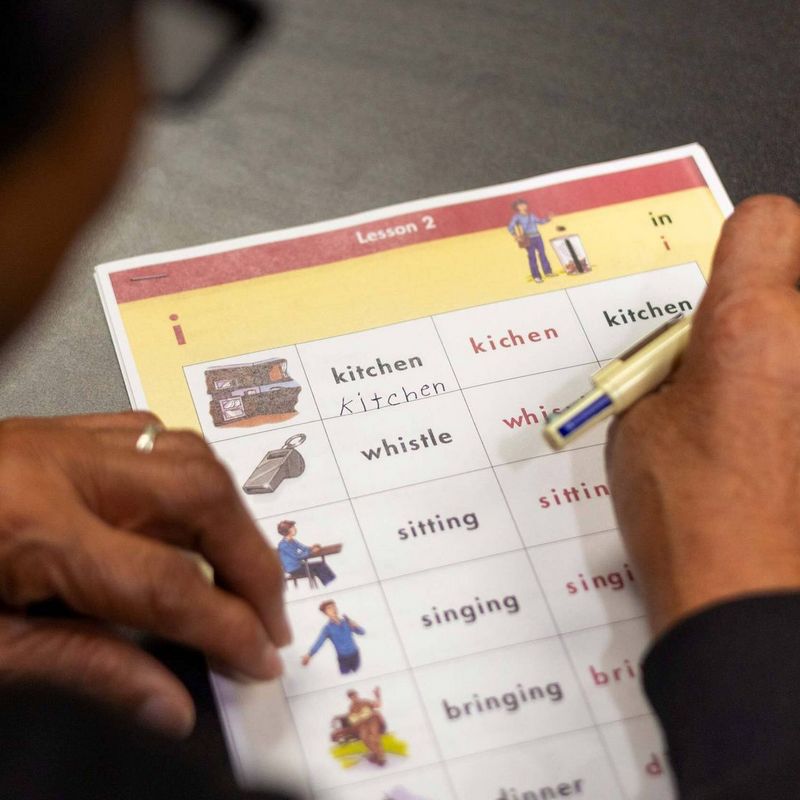The words in this blog title are all synonyms for “persist”. And they’re all what we hope adult students will do, when they first join our literacy classes. We want them to succeed!
And yet, too often, a student who started well begins to falter. Maybe they miss a class on a dismal, cold, rainy evening, or when the car just wouldn’t start. Perhaps a lower-than-hoped-for test score makes them feel demoralized.
Or maybe we just don’t know why – one week they’re there, and the next week they’re not – and we never see them again.
What’s going on? How do we help ALL our students carry on, continue, endure – and ultimately, prevail?
There have been a lot of studies done on this topic, and often presented to literacy programs in the form of “retention”. You need to work out how to retain your students, some of the popular wisdom goes.
But the concept of Adult Learner Persistence turns that on its head. Instead of working on ways to make the program do better at retention, how do we find ways to help adult students tap into their own personal motivations to persist?
The New England Literacy Resource Center did a marvelous study on this exact topic in 2008. 15 years later, their findings are still monumentally important and can inform literacy programs of all kinds and in all places. You can read about their findings and download the entire report here – and we encourage you to do so.
But we also want to make it easy for you – so we’re taking a look at the study and its core findings together on Tuesday, September 19. In this free webinar, we’ll look at:
- Retention vs persistence
- The 6 Drivers of Persistence:
- A Sense of Belonging & Community
- Clarity of Purpose
- Agency
- Competence
- Stability
- Relevance
- The role Plain Language plays in Adult Learner Persistence
- A practical look at the drivers in action
Interested in joining us?
Registration is open now for this free online training event.
Get Texas literacy updates
Make sure you’re on our mailing list so you don’t miss any news:
- Conference updates
- Regional symposia
- Online training
- Advocacy
- …more!

